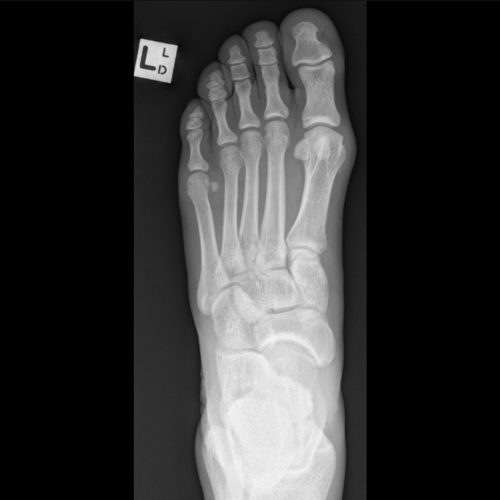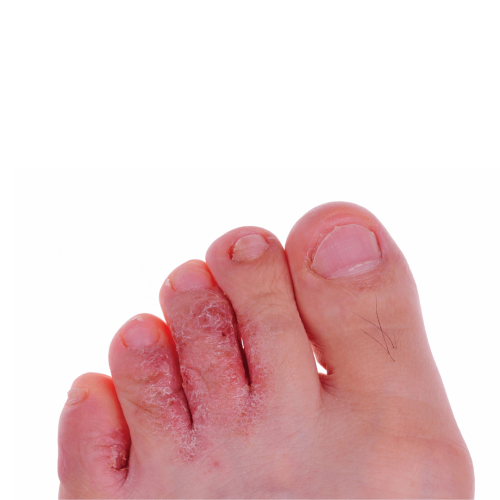Mining Podiatry
Rough Conditions on Feet and Ankles
Mining podiatry provides preventative measures for common foot and ankle conditions that often occur with miners. It diagnoses foot and ankle conditions and it also offers treatment options depending on the severity of the condition. Workers’ compensation cases are welcome in our clinic.
Musculoskeletal Condition of the Foot and Ankle in Miners
Foot and ankle injuries are prevalent in the mining industry, where workers are frequently exposed to hazardous environments that increase the risk of trauma, sprains, and fractures. The rugged terrain, heavy machinery, and long hours of standing and walking on uneven surfaces contribute significantly to these injuries. Common issues include ankle sprains, Achilles tendonitis, and fractures resulting from slips, trips, and falls or from heavy objects impacting the foot.
Podiatry plays a crucial role in both preventing and treating these injuries within the mining sector. We can provide specialised care by assessing the biomechanics of a worker’s foot and prescribing orthotic devices that enhance foot support and reduce the risk of injuries. These custom devices are designed to accommodate the specific contours of the foot, offering improved comfort and protection against the harsh conditions typical of mining environments.


Dermatological Conditions of the Foot in Mining
Skin and toenail conditions of the foot are prevalent in the mining industry due to long hours of work in gumboots or work boots. The microbiome of the foot changes and opportunistic affections appear.
- Contact dermatitis of the foot is a common inflammatory skin condition caused by direct contact with irritants or allergens. This reaction often results in itching, redness, and blistering of the skin, particularly noticeable around the toes and soles where exposure to new footwear, synthetic materials, or harsh chemicals occurs frequently. Symptoms can also include dryness and flaking, escalating to painful cracking if left untreated.
- Pitted keratolysis is a bacterial skin infection affecting the soles of the feet, commonly seen in individuals who experience excessive sweating. It is characterized by small, crater-like pits on the weight-bearing areas of the foot, especially under the toes and the ball of the foot. The condition is often associated with a malodor due to the presence of bacteria that produce sulfur compounds.
- Fungal infections like tinea can thrive in the moist and confined spaces of mining boots, exacerbated by long hours of wear.
Workboots Assessment
Assessing work boots in the mining industry is important as they serve as a frontline defense against various occupational hazards. Properly chosen and maintained boots protect miners from crush injuries, punctures, and harsh environmental conditions. A thorough assessment ensures that boots meet safety standards, providing stability on uneven terrain and guarding against dermatological issues. Comfort and proper fit are essential to prevent foot fatigue and reduce the risk of slips, trips, and falls. Custom-made orthotics can be prescribed to enhance support, especially for workers with flat feet. Regular podiatry evaluations help identify wear and tear, prompting timely replacements and ensuring that miners have reliable and effective footwear, crucial for their overall safety, health, and productivity in challenging mining environments.

Preventive Measure
Preventive measures include promoting good foot hygiene and encouraging regular foot assessments. Properly fitted, durable safety boots can reduce friction and pressure points, minimizing the risk of skin conditions. Adequate training on personal hygiene, foot care, and the importance of reporting early symptoms is essential in fostering a culture of proactive dermatological health within the mining workforce. Regular podiatry check-ups and early intervention can help address dermatological issues promptly, ensuring the overall well-being of miners and sustaining a healthy and productive workforce.

